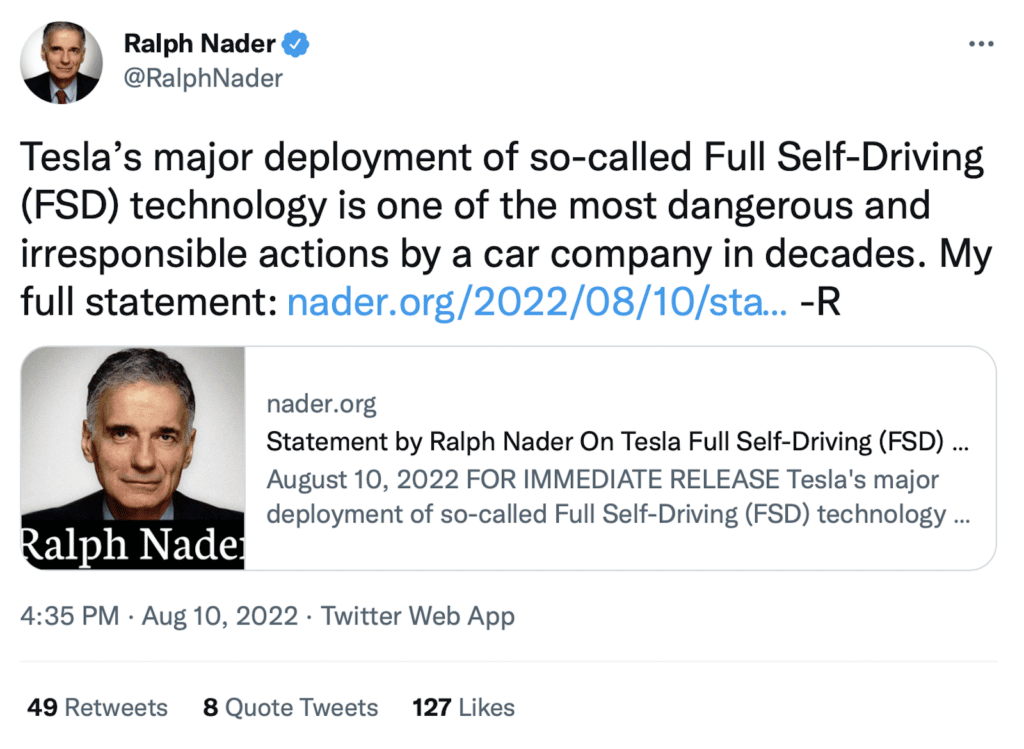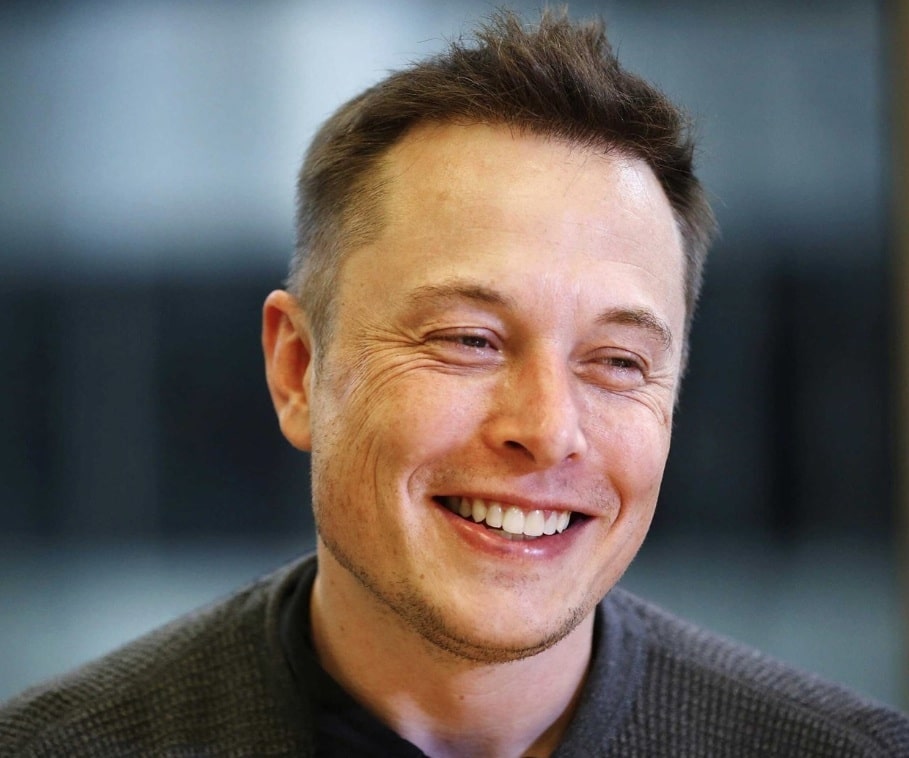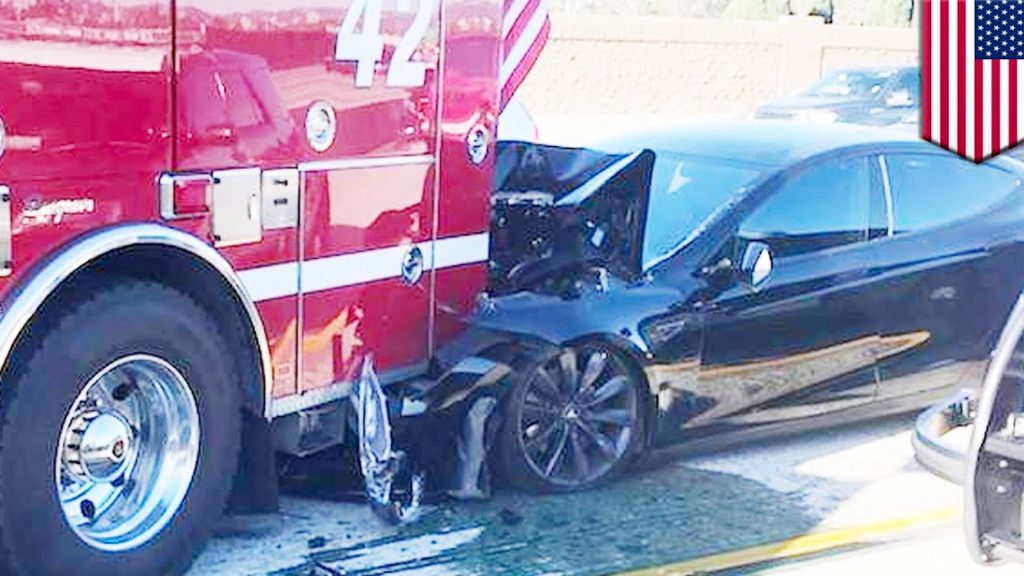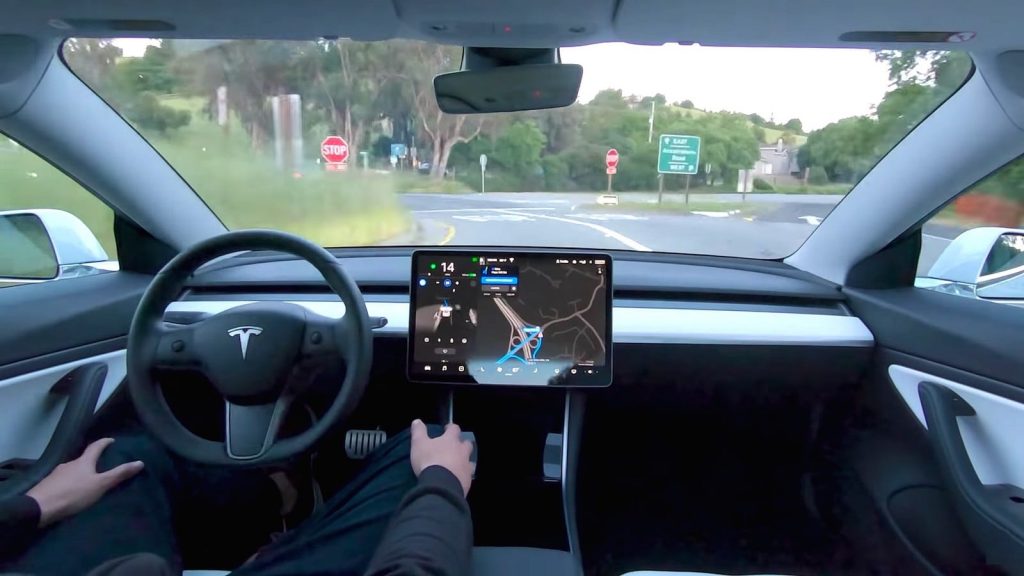Tesla’s Full Self-Driving system has come under a blistering attack from Ralph Nader, the former presidential candidate and longtime auto safety advocate calling the deployment of the technology “one of the most dangerous and irresponsible actions by a car company in decades.”

Nader is one of the latest — and among the highest profile — critics of FSD and the original Tesla Autopilot system. The technology has been linked to dozens of crashes and malfunctions, as well as a number of deaths.
It is currently facing dozens of individual probes by the National Highway Traffic Safety Administration and some observers believe the federal agency may soon order a recall covering hundreds of thousands of Tesla vehicles.
“I am calling on federal regulators to act immediately to prevent the growing deaths and injuries from Tesla manslaughtering crashes with this technology,” the 88-year-old Nader said in a statement.
Noting NHTSA has launched repeated probes of the original Autopilot system and, now, Full Self-Driving, Nader said the agency “must use its safety recall authority to order that the FSD technology be removed in every Tesla.”
(Nader inducted into Automotive Hall of Fame, lands a place among industry giants.)

Musk promises a more advanced FSD this year
TheDetroitBureau.com reached out to Tesla for comment but so far has received no response. The automaker no longer operates a media relations department, and seldom comments on news requests unless CEO Elon Musk issues a tweet. At the time this story was published, he had not responded to Nader’s attack.
But in recent weeks, Musk has promised that an even more enhanced version of FSD, truly capable of operating without a driver’s input, will be launched by the end of this year. He also indicated that it will become a critical revenue source for the automaker.
Currently costing buyers $12,000, Musk called that figure “ridiculously low,” indicating the price will be increased once the next major update is implemented.
FSD, Autopilot linked to crashes, fatalities
But there are plenty of those who want to prevent that from happening. And the ongoing series of NHTSA investigations could be the big stumbling block for Tesla.

The latest was triggered by the July 6 crash of a Tesla in Alachua County, Florida. The vehicle was reportedly operating on the automaker’s semi-autonomous technology when it suddenly swerved off the highway, smashing into a parked tractor-trailer. The 66-year-old driver and a 67-year-old passenger were killed.
There have now been at least 16 deaths and 48 impacts involved in investigations by NHTSA’s Special Crash Investigation Unit. Tesla has also been targeted by the National Transportation Safety Board.
The latest series includes not only crashes involving the Autopilot and FSD systems but reports of Tesla vehicles that unexpectedly brake for no reason. One of the big concerns has been a series of crashes in which Tesla vehicles have hit parked emergency vehicles.
Recall could be in the works
The lack of a driver monitoring system for use with Autopilot has raised additional concerns among regulators and safety advocates. Tesla has recently responded to that issue by adding driver monitoring technology — something long used by competitors such as General Motors, Ford and Mercedes-Benz with their own hands-free systems.

There have been reports in recent weeks suggesting NHTSA is considering what could become a recall of as many as 800,000 Tesla vehicles.
In the case of the more advanced FSD system, Nader said in his statement, “Now over 100,000 Tesla owners are currently using technology that research shows malfunctions every 8 minutes.”
A yearlong study released by NHTSA in June showed Tesla vehicles are involved in 70% of the U.S. crashes involving semi-autonomous technology, though manufacturers including GM and Honda, as well as ride-sharing services such as Waymo and Cruise are also named. Agency officials stressed that the list was likely incomplete, as not all manufacturers routinely report incidents involving their semi-autonomous technologies.
Tesla has plenty of headaches to deal with
The automaker this week was accused of fraudulent advertising by the California Department of Motor Vehicles over the marketing of the Autopilot and Full Self-Driving technologies. According to the CDMV, the automaker overstates the capabilities of the two systems, declaring it “made or disseminated statements that are untrue or misleading, and not based on facts, in advertising vehicles as equipped, or potentially equipped, with advanced driver assistance (ADAS) features.”
The agency pointed specifically to language used by Tesla suggesting the systems are “designed to be able to conduct short and long-distance trips with no action required by the person in the driver’s seat.”
The department could fine the automaker or even ban Tesla from selling vehicles in California, currently its biggest market.
“Americans must not be test dummies for a powerful, high-profile corporation and its celebrity CEO. No one is above the laws of manslaughter,” Nader said.







